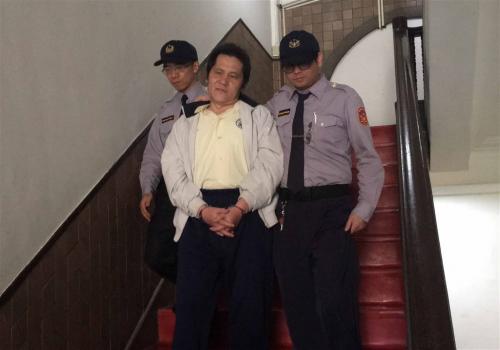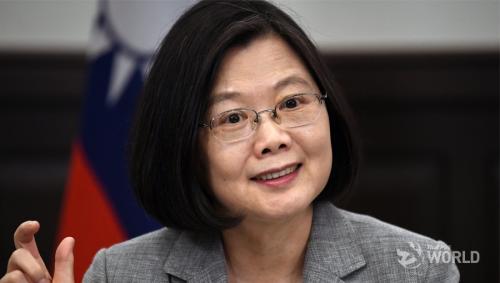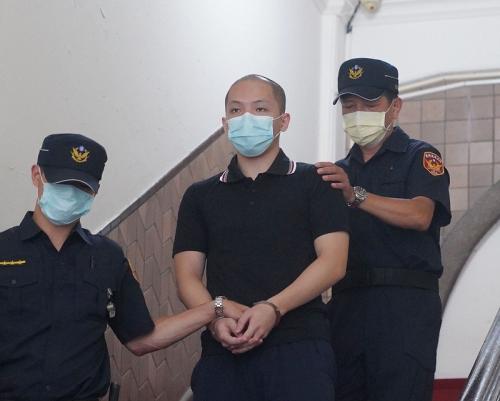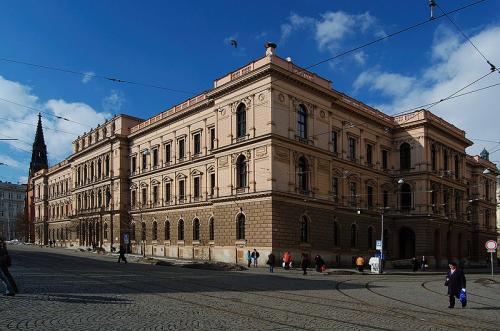situation:The death penalty is provided for murder, drug offenses, treason and military offenses. In May 2011, Taiwan moved a step closer toward the reduced use of the death penalty as the Legislative Yuan amended the country’s law on military service violations. According to the amendment, those who carry weapons by group and obstruct a military service causing the death or serious injury to a person will be subject to a maximum life sentence rather than the death penalty. In May 2014, the Parliament passed amendments to the Criminal Code scrapping capital punishment provided in cases of kidnapping for ransom, even if aggravated injury results from the offense.
After these amendments to the Criminal Code, the death penalty remains applicable for 55 offenses.
In recent years, the Taiwanese Government has often tried to manifest its political will towards abolishing the death penalty by giving a broader scope to and greater care towards human rights.
In 2008, then-Minister of Justice, Wang Ching-feng, voiced her opinion against the death penalty, stating that it is cruel and fails to demonstrate that punishments should also serve rehabilitation purposes. In March 2010, Wang Ching-feng resigned after failing to win support for her opposition to the death penalty. “I would rather step down than sign any death warrant,” Wang Ching-feng said, adding she would gladly die instead of any of the 44 inmates on death row, if only they got a chance to rehabilitate themselves.
The Ministry of Justice released public poll results showing that nearly 80 percent of the people in Taiwan are against abolishing the death penalty. The polls conducted in July 2012 by
Master Survey & Research Co. for the ministry found that 76.7 percent of those polled did not support scrapping the death penalty and that 85 percent believed that ending capital punishment would be detrimental to public order. The poll also found that 81.6 percent of those surveyed said a gradual decrease in the use of capital punishment would be acceptable, the ministry said. A poll released by
National Cheng Chung University in January 2013 showed that 90 percent of respondents opposed abolishing capital punishment.
In October 2014, Justice Minister Luo Ying-shay voiced her support for repealing the death penalty in Taiwan. “However this is at some divergence from the majority opinion,” she told a Judiciary and Organic Laws and Statues Committee meeting, adding: “We cannot subjugate the wishes of the majority to that of a minority… But as a Buddhist, I hope that ultimately the death penalty will be repealed in Taiwan.” In May 2015, President Ma Ying-jeou said the government was unable to scrap capital punishment “at the moment,” but will continue to work toward reducing its use.
On 21 June 2016, the Ministry of Justice responded to European Union’s calls to abolish capital punishment by saying that Taiwan’s justice system was moving toward that goal in the long term. Deputy Minister of Justice Chen Ming-tang said the ministry’s ultimate goal is to abolish capital punishment in Taiwan, “but current public surveys indicate that 82 percent of the people are against abolition of the death penalty.” Chen said the ministry has undertaken four measures toward this long-term objective: ending legal requirements for “mandatory capital punishment” for certain crimes; taking steps for the judiciary to deliberate on “discretionary capital punishment”; handing out the death penalty with extreme prudence; and carrying out the death penalty with extreme prudence. “The ministry will take very careful approaches on handling this issue and carrying out the death penalty, before our nation has formally abolished it,” Chen said.
In 2017, no execution was recorded after several years. At least two new death sentences were issued and 43 people were on death row at the end of the year.
In 2016, 1 execution was recorded and 2 new death sentences were issued.
In 2015, Taiwan executed 6 people and sentenced 9 others to death. Taiwan resumed executions in 2010 after a five-year hiatus, putting four people to death. There were five other executions in 2011, six in 2012 and in 2013 respectively, and five in 2014. Since 1981, 569 people have been executed, according to information from Taiwan’s Justice Ministry.
Death penalty top secret In Taiwan, executions usually take place close to dawn and are carried out by prison guards who position the prisoner on the ground, face down, and shoot him directly in the heart. An exception may be made, however, if the inmate is an organ donor, in which case the guards won’t shoot for the heart. Three or more armed guards usually carry out an execution. All prisoners receive anaesthesia and are unconscious before they are shot.
After the Supreme Court issues a final death sentence, the case is transferred to the Ministry of Justice, waiting for the Minister of Justice to issue a final secret execution date.
Death row inmates are kept under harsher conditions than general prisoners. They are imprisoned 2 persons per cell, handcuffed and fettered all day long, only allowed to leave the cell half an hour a day for exercise.
Executions are performed in secret: nobody is informed beforehand, including the condemned and their family members, who only find out when they are invited to collect the body from the mortuary.
Three of the men who were executed in June 2015 had filed special appeals on the day of their executions, but their lawyers were not notified of the rejection of the appeal until after the executions.
The Human lethal injection In 1992,
Taiwan was the first Country outside of the United States to legislate lethal injection as a form of execution. However, Taiwan has yet to execute anyone by this method, and executions continue to be carried out by shooting.
















